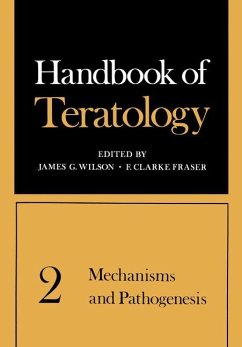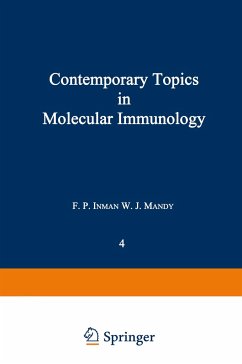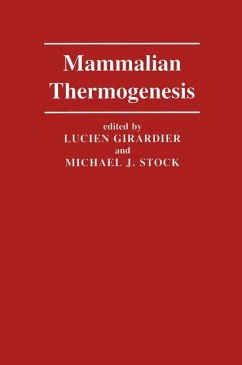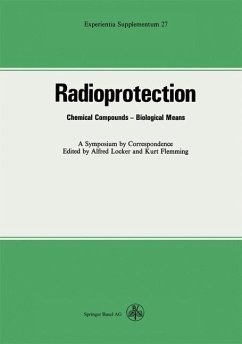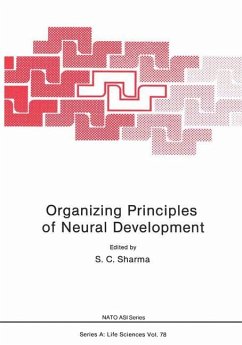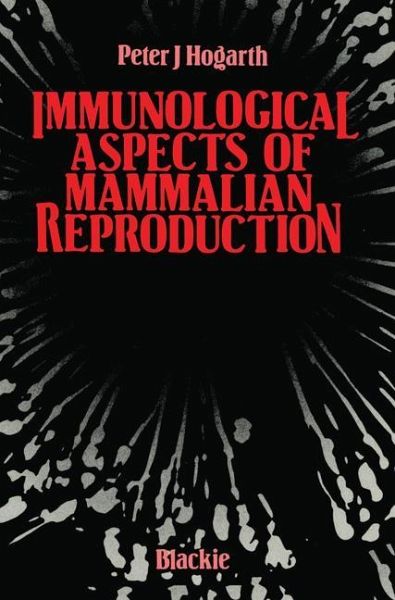
Immunological Aspects of Mammalian Reproduction

PAYBACK Punkte
20 °P sammeln!
Until quite recently, the field of reproductive immunology was very much a neglected area of biology, seen by most reproductive physiologists as of only peripheral importance. It was generally acknowledged as curious that a female mammal tolerated the intrusion of alien sperm and the persisting presence of an alien fetus, while reserving the prerogative of rejecting grafts of tissue, even when these were from her own mate. Several theories were advanced to explain this paradox, each with some supporting evidence: all were eventually shown to be inadequate. And there the matter was, on the whol...
Until quite recently, the field of reproductive immunology was very much a neglected area of biology, seen by most reproductive physiologists as of only peripheral importance. It was generally acknowledged as curious that a female mammal tolerated the intrusion of alien sperm and the persisting presence of an alien fetus, while reserving the prerogative of rejecting grafts of tissue, even when these were from her own mate. Several theories were advanced to explain this paradox, each with some supporting evidence: all were eventually shown to be inadequate. And there the matter was, on the whole, permitted to rest. In the last few years, the situation has changed dramatically, and the neglected area of overlap between immunology and reproduction has again become densely populated by research workers. As a symptom of this resurgence of interest, a specialist journal (the Journal of Reproductive Immunology) has been launched to supply what had rapidly been perceived as a need.





